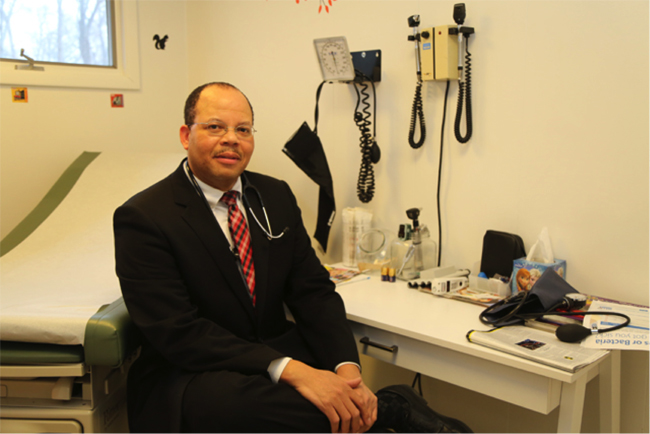
Image courtesy of Unsplash
If you have lived in your home for a long time, chances are you think of it as a comfortable, safe environment. However, as people age, sometimes the risk for in-home falls can increase. To ensure you can savor the safety and comfort you’ve come to expect from your home, a handful of changes can make all the difference.
Cause for Concern
There are numerous reasons that seniors become at-risk for falling. Many of those reasons stem from physical changes relating to aging. Our vision isn’t as sharp as it used to be, or a health condition might cause balance concerns. Oftentimes, it’s harder to catch yourself when you stumble, due to a decrease in strength and flexibility. Some statistics show that 60 percent of senior falls occur in the home; thankfully, as HomeAdvisor explains, there are many modifications seniors can make to help prevent falls at home.
A House Full of Support
The last thing you want is for your home to become a danger zone. With that in mind, start making some notes about what you might change so you can safely age in place.
Here are some ideas:
Light Your Way
Vision naturally fades later in life, with eyes gradually slowing in how they adjust to depth and brightness. With that in mind, brightening dim areas in the home — especially places you go from a well-lit space to a dark one — can help you stay safe. For example, if you leave a bright bedroom for a dark hallway, adding lights in the hallway can help. This can come in many forms, such as installing wall sconces, adding plug-in nightlights, and/or installing overhead lights. Staircases are another area of concern. Contemplate your trouble spots and think of how to improve them, aiming for generally even lighting throughout your home.
Ease Your Entryway
Reducing risks in the entryway can make a difference in keeping you on the go. The ideal situation will include a zero-step entrance, and if steps are a must, ensure they are deep, even, and have handrails for support. Also, change out traditional doorknobs for lever-style handles, which can be easier for older hands to operate, especially if you’re carrying things.
Slips and Slides
With water, smooth surfaces, and changing positions, bathrooms can be hazardous for older adults. To enhance safety and accessibility, consider installing grab bars in the bathroom, and swapping a traditional toilet for a comfort-height selection. Walk-in showers or tubs can also be a boon, and faucets with lever-style handles can be easier to work with than knobs.
Put Away Your Toolkit
There are some simple changes you can make in the bathroom as well that require no tools or expertise. To boost traction, add a rubber bath mat outside the bathing area, and install non-slip strips inside the shower or tub. A magnified mirror can make it easier to groom yourself, and a pill bottle magnifier can help you read the fine print.
Focus on You
Aside from home modifications, there are changes in lifestyle you can embrace to help prevent falls. Tech-Enhanced Life explains that you can design an exercise program aimed specifically at addressing your personal risk. Base your regimen on how much strength, balance, and flexibility you currently have. There are fun options you can explore, like tai chi or a class at a local gym. If your risk is severe, Medicare might pay for you to work with a physical therapist.
When it comes to falls, the home can hold many areas of concern for seniors. Think about how you can improve both your living environment and lifestyle to reduce your risk of falling. With a few changes, you can enjoy safety and comfort at home throughout your golden years.
Post contributed by Kent Elliot at AtHomeAging.info











 Do you know your rights when it comes to eviction from a nursing home? “
Do you know your rights when it comes to eviction from a nursing home? “